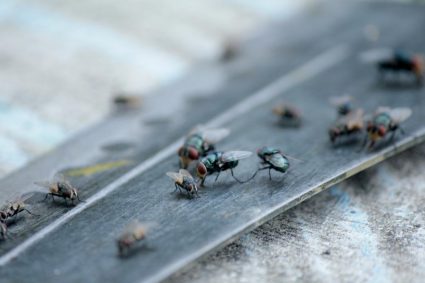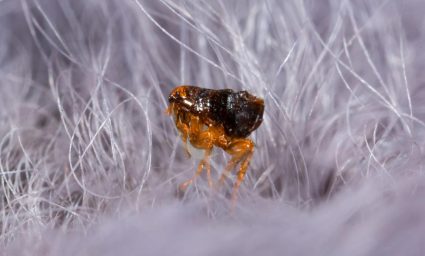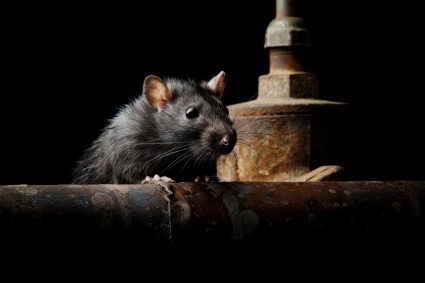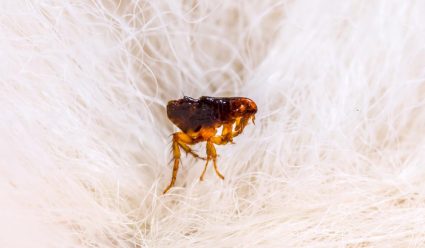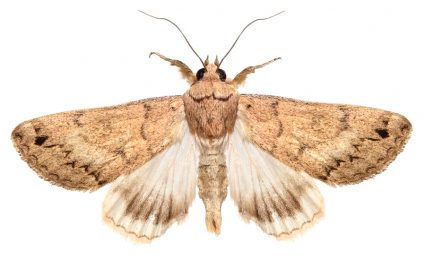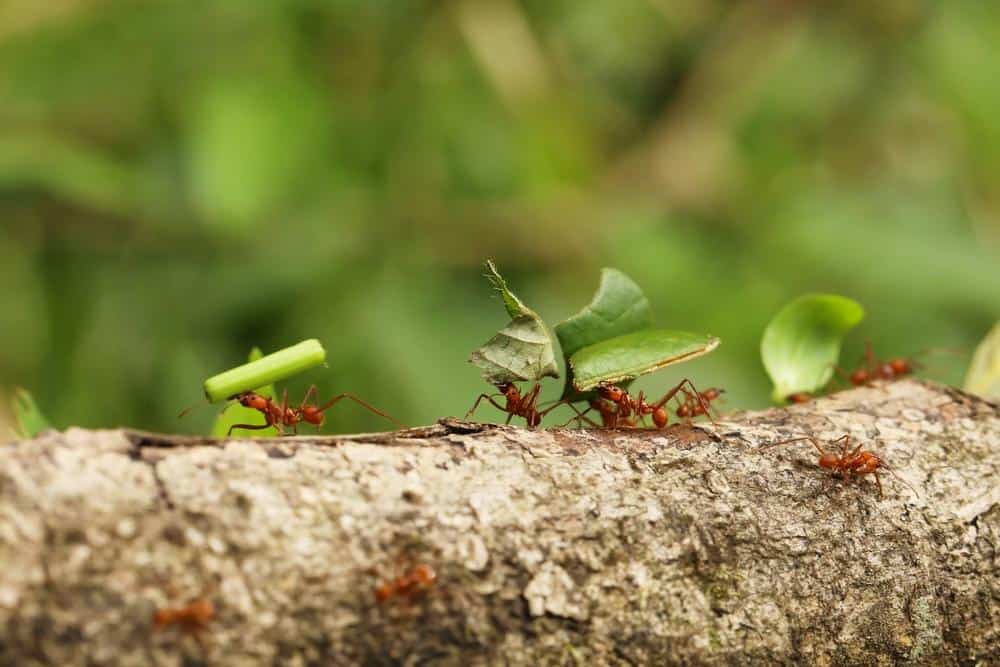
Permethrin, a synthetic pyrethroid insecticide, is widely used in the pest control industry due to its broad-spectrum activity against a variety of insects, including stink bugs. This article will delve into the effectiveness of permethrin against stink bugs, detailing how it works, safety considerations when using it, and alternatives for stink bug control.
Yes, permethrin does kill stink bugs. It is a synthetic insecticide that targets the nervous system of these pests, causing muscle spasms, paralysis, and ultimately death. However, it should not be the sole method of stink bug control, and it’s important to combine its use with other strategies for more effective results.
What is Permethrin?
Permethrin is a synthetic insecticide that belongs to the pyrethroid family. It’s designed to mimic the natural insecticidal properties of the chrysanthemum flower. Permethrin is used in various ways in pest control, including in public health mosquito control programs, food and feed crops, ornamental lawns, livestock and pets, structures and buildings, and clothing.
Does Permethrin Kill Stink Bugs?
Yes, permethrin is effective against stink bugs. Studies have shown that permethrin SFR 36.8% can kill stink bugs. However, other products like Cyper WP may last longer and stay on the surface of porous areas, making it more available to the pests. It’s important to note that most garden insecticides may not be very effective against adult stink bugs, and even if some are killed, additional stink bugs are likely to move in from surrounding areas.
How Does Permethrin Work?
Permethrin works by targeting the nervous system of insects, causing muscle spasms, paralysis, and eventually death. It is more toxic to insects than to humans and dogs because insects cannot break it down as quickly.
Safety Considerations When Using Permethrin
When using permethrin, it’s essential to consider the following safety measures:
- Wear appropriate personal protective equipment.
- Do not breathe in the vapor or spray mist of permethrin.
- Wash hands thoroughly after handling and before eating or drinking.
- Be cautious when applying the product near water sources or areas where bees and other beneficial insects are present.
- Follow label instructions carefully when applying permethrin.
- Store permethrin in a cool, dry place, away from ignition sources.
- Dispose of waste materials according to local regulations.
- In case of a spill or leak, follow proper cleanup procedures.
Alternatives to Permethrin for Stink Bug Control
Several alternatives to permethrin can be effective against stink bugs. These include Avesta CS, Bifen IT, Cyper WSP, and Demon WP. Deltamethrin is another long-acting insecticide that can be used both indoors and outdoors. For organic control, planting smelly plants like garlic, catnip, lavender, thyme, radishes, marigolds, and chrysanthemums can help repel stink bugs.
Conclusion
While permethrin can effectively kill stink bugs, it’s important to remember that it should not be relied upon as the sole method of stink bug control. Combining its use with other strategies, such as sealing structures to prevent entry, using insecticides when necessary, and employing non-chemical methods like trapping or manual removal, can provide more comprehensive stink bug control. Always follow the label instructions and safety measures when using permethrin or any other insecticides.
Frequently Asked Questions
What are stink bugs?
Stink bugs are insects known for the unpleasant odor they emit when threatened or crushed. They are agricultural pests that can cause significant damage to crops.
Can permethrin be used indoors?
Yes, permethrin can be used indoors, but it must be applied correctly to avoid any potential risks. It’s important to follow the manufacturer’s instructions and take necessary precautions.
Is permethrin harmful to pets?
While permethrin is more toxic to insects than to mammals, it can be harmful to cats and fish. Always keep pets away from treated areas until dry, and never use products containing permethrin on cats.
How long does permethrin last?
Permethrin can last for several weeks to months, depending on the product and where it’s applied. In sunlight, it breaks down faster, while indoors, it may last longer.
Can I use permethrin on my vegetable garden?
Permethrin can be used on certain vegetables, but it’s important to follow the label instructions. Some crops may have a pre-harvest interval, which is the amount of time that should pass between the last application and harvest. Always wash produce thoroughly before eating.

